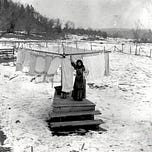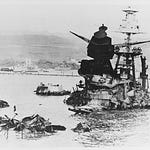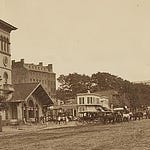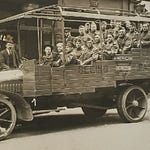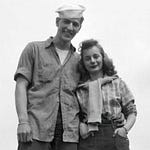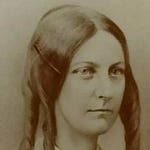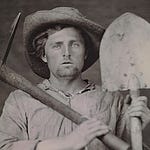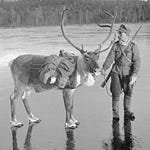A day in the life.
It is Wednesday, July 2, 1862.
This is what President Abraham Lincoln did today.

One — Lincoln decided that enslaved people who have escaped from their plantations and arrived at Union military camps cannot be sent back to their enslavers.
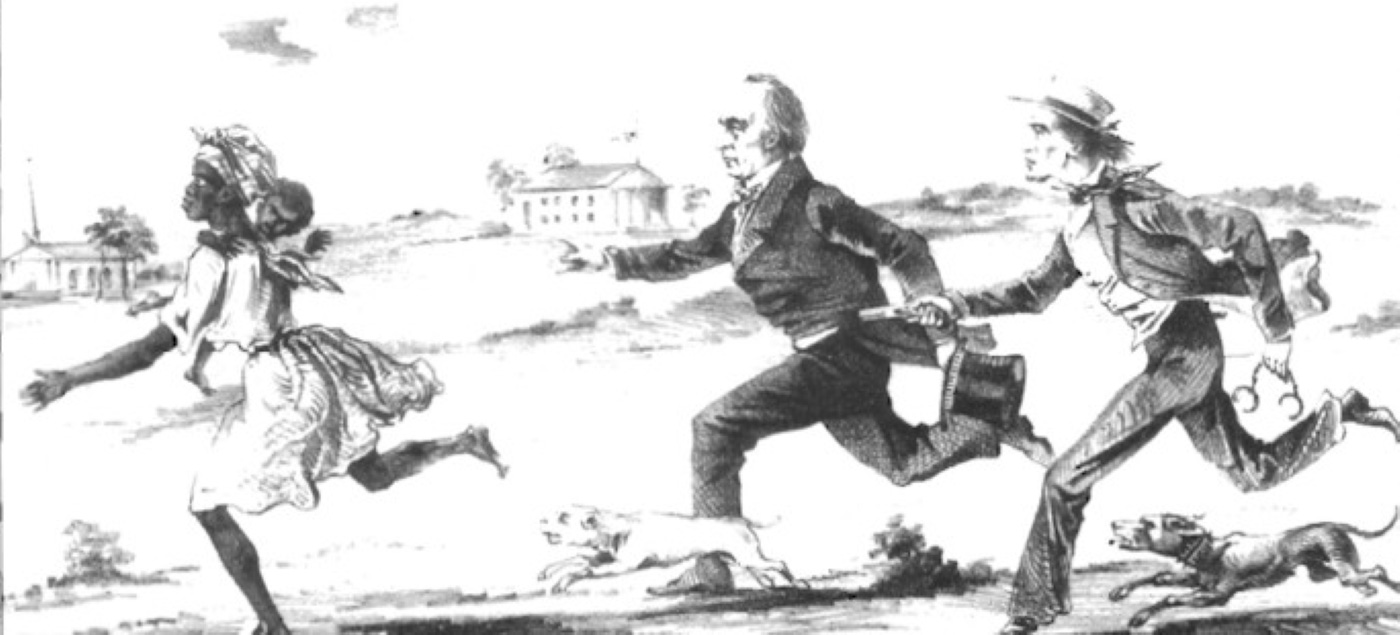
His decision is at odds with the 1850 Fugitive Slave Act, a compromise measure between Northern and Southern factions in Congress.
The Act required officials and private citizens to cooperate in returning escaped enslaved people to their enslaver upon capture.

But circumstances have changed.
As Civil War fighting has progressed, thousands of enslaved people have fled their plantations seeking protection in Union camps.
So, it was decided that these people would be considered contraband of war — captured enemy property — and not returned to their enslavers.

Contraband camps were organized for them.
And Lincoln told his Secretary of War they should be given work and paid reasonable wages.

Two — Lincoln signed the Pacific Railroad Act authorizing the construction of the transcontinental railroad.
Congress had debated the issue for twenty years but had been unable to reach consensus on its route or funding.

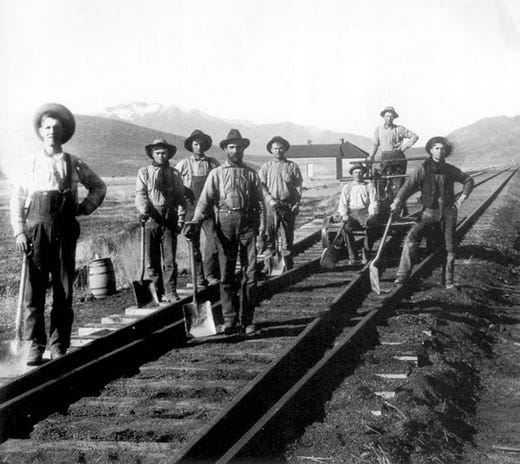
The removal of Southern Congressmen following secession enabled the Northern Congressmen who remained to agree on these matters.
The railroad would promote the rapid settlement of the West and link the new, resource rich states of California and Oregon to the rest of the Union.

The two railroad construction crews would finish their work and meet in Ogden, Utah, on May 9, 1869.
The ceremonial railroad completion, with the driving of the Golden Spike joining the rails, would be staged the next day.

Three — Lincoln signed the Morrill Land Grant College Act which donated federal lands to states and territories to fund colleges of agriculture and mechanical arts.
These colleges, called ‘land grant colleges,’ were the first federal aid to education.

Land grant colleges made higher education available to farmers and working-class people.
Previously, a college education was available only to people of privilege and involved a study of the classics.

Four — Lincoln exchanged dispatches with General George McClellan, commander of the Army of the Potomac.
McClellan’s forces have retreated following heavy fighting with General Lee’s army in southeast Virginia.
McClellan had come within five miles of Richmond, the Confederate capital.

In his dispatch, McClellan has demanded fifty thousand more troops before he can resume his offensive.
Lincoln calls the demand “simply absurd.”
Difficulties between Lincoln and McClellan will culminate in November, when Lincoln will remove him from command on the day after the midterm elections.

Five — Lincoln signed the Morrill Anti-Bigamy Act, banning plural marriage.
The Act was targeted at the Mormons, but no funds were appropriated for its enforcement.
Lincoln had reached a tacit agreement with Brigham Young, leader of the Mormon Church, that he would not enforce the Act if the Mormons stayed out of the Civil War.
The Mormon Church officially stopped the practice of plural marriage in 1890.

Six — Lincoln signed a trade treaty with the Ottoman Empire [present day Turkey].
Lincoln had replaced the American Ambassador to Constantinople, who had urged the Ottoman leadership to support the Confederacy, within weeks of assuming office.
The new ambassador, a Pennsylvanian, changed course.
He worked to keep the Ottoman Empire out of the war and strengthen its trading ties with the North.
The change in ambassadors was part of Lincoln’s ongoing effort throughout the Civil War to prevent foreign nations from aiding the Confederates.
*****
So, there you have it.
Big decisions which still reverberate throughout American society.
Made with self-discipline.
Grounded in an expansive knowledge of a range of issues which comes from hard work and study.
That’s what it takes to succeed in this office.
Vote accordingly.
******************************
I’ll see you tomorrow.
— Brenda


